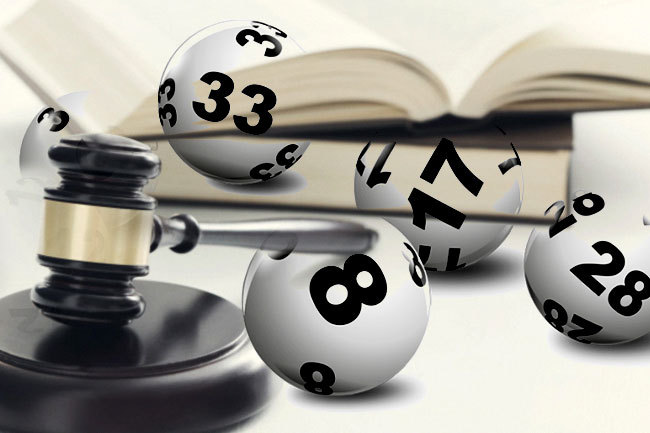The Supreme Court of Canada recently issued its ruling on highly popular video lottery terminals. A previous Newfoundland and Labrador Court of Appeal decision allowing a class-action lawsuit against the machines to go was overturned, so it will not be able to proceed. Atlantic Lottery Corporation was accused of overseeing VLTs that are illegal and harmful for the players.

According to the allegations listed in the class-action lawsuit, the gaming devices offered by the Atlantic Lottery Corporation have deeply rooted deceptive nature and have addictive characteristics. Back in 2017, the lawsuit received a class-action status after a substantial period of waiting for approval. Douglas Babstock and Fred Small filed the lawsuit pointing out the devastating impact of VLT games on their lives and financial state.
Recent Developments

Now it is clear that the class-action targeting the popular video lottery terminals does not have the permission to proceed. The Supreme Court of Canada pointed out in its ruling that the claims made by the two individuals affected by the gaming devices back in the days are bound to fail at some point. They claim that the devices are deliberately created in a way that deceives players.
The individuals claim that the video lottery terminals have a deceptive nature that presents the action in a way that makes people think they are winning, when in fact they are losing. The visuals and sounds used in their daily operation also have addictive qualities, leaving players wanting more, keeping them engaged in gaming for hours on end. The lawsuit also claims that the machines should be considered illegal under the Criminal Code of Canada.
The class-action lawsuit covers a wide range of gaming enthusiasts that have once engaged in video lottery terminal gaming in-person. They join the claim that the machines are deceitful and should be banned. Upwards of 30,000 individuals hailing from Newfoundland and Labrador are part of this class-action lawsuit.
Superior Court Ruling
December 2018 saw the Newfoundland and Labrador Court of Appeal give green light to the lawsuit while it dismissed Atlantic Lottery Corporation’s previous filed notice of appeal. The outcome of this class action lawsuit could reshape Canada’s gaming field and lead to a ban of VLTs not only in the area but in other provinces as well.
Now the high court nixed the entire statement of claim. The Superior Court stated that the allegations that these machines are similar to the three-card monte stood no ground in court. The Crown corporation overseeing the devices in Atlantic Canada expressed its contentment with the outcome of the legal battle, claiming that responsible gaming is essential for its operation and it will continue protecting the individuals interested in VLT gaming.
Kirk Baert is the lawyer representing the plaintiffs of this groundbreaking class-action lawsuit. He pointed out that the ruling spells death for the efforts against these gaming devices sprinkled across Atlantic Canada. The issue will not be explored any further, as it became clear and Mr. Baert pointed out that this is a disappointing turn of events.



















